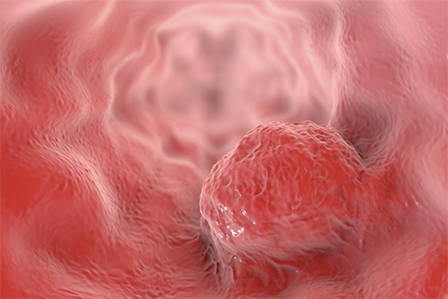
Understanding Eosinophilic Esophagitis Symptoms & Treatment in Colorado
At Rocky Mountain Gastroenterology Associates, we are committed to providing patients in Colorado with comprehensive care for all digestive disorders. One such condition that we specialize in treating is Eosinophilic Esophagitis (EoE), a chronic allergic disorder that affects the esophagus. Read on to learn more about this condition, as well as the eosinophilic esophagitis treatment options that are available.
What Is Eosinophilic Esophagitis?
EoE is a condition where the immune system overreacts to certain foods or environmental allergens, causing inflammation and damage to the lining of the esophagus. This inflammation can lead to difficulty swallowing, food impaction, and reflux-like symptoms. EoE is often found in individuals with a history of other allergic conditions such as asthma, eczema, or food allergies.
What Causes Eosinophilic Esophagitis?
The exact cause of EoE is still not fully understood, but it is believed to be an immune-mediated response to certain foods or environmental allergens. Research has shown that EoE is associated with specific genes involved in the immune response and that it is more common in individuals with a family history of allergies.
Who Is at Risk for Eosinophilic Esophagitis?
EoE can occur in both children and adults, but it is more common in males and individuals with a history of other allergic conditions. Additionally, it tends to be more prevalent in certain populations, including those with European ancestry.
What Are the Symptoms of Eosinophilic Esophagitis?
The symptoms of EoE can vary depending on age, but they often include difficulty swallowing, food impaction, chest or abdominal pain, heartburn, and regurgitation. In children, EoE can cause feeding difficulties, vomiting, and failure to thrive.
How Is Eosinophilic Esophagitis Diagnosed?
Diagnosis of EoE involves a combination of medical history, physical examination, endoscopy with biopsy, and allergy testing. During an endoscopy, a small tissue sample is taken from the lining of the esophagus and examined for the presence of eosinophils, a type of white blood cell associated with allergic reactions.
How Is Eosinophilic Esophagitis Treated?
Treatment for eosinophilic esophagitis involves a combination of dietary modifications, medication, and lifestyle changes. Elimination diets may be recommended to remove trigger foods from the diet. Medications such as proton pump inhibitors (PPIs), topical steroids, and biologic agents can be used to reduce inflammation and improve symptoms. In some cases, esophageal dilation may be necessary to relieve food impaction and improve swallowing. At Rocky Mountain Gastroenterology Associates, our team of gastroenterologists will work with each patient to develop an individualized treatment plan that best meets their needs.
Request an Appointment Today
At Rocky Mountain Gastroenterology Associates, we provide our patients with the highest quality of care for all digestive disorders, including Eosinophilic Esophagitis. If you or a loved one are experiencing symptoms of EoE, we encourage you to schedule an appointment with our team of gastroenterologists today. Our experienced and compassionate staff will work with you to diagnose and treat your condition, providing you with the personalized care and attention you deserve. Don’t let EoE interfere with your daily life – contact us today to learn more about how we can help.
Go back